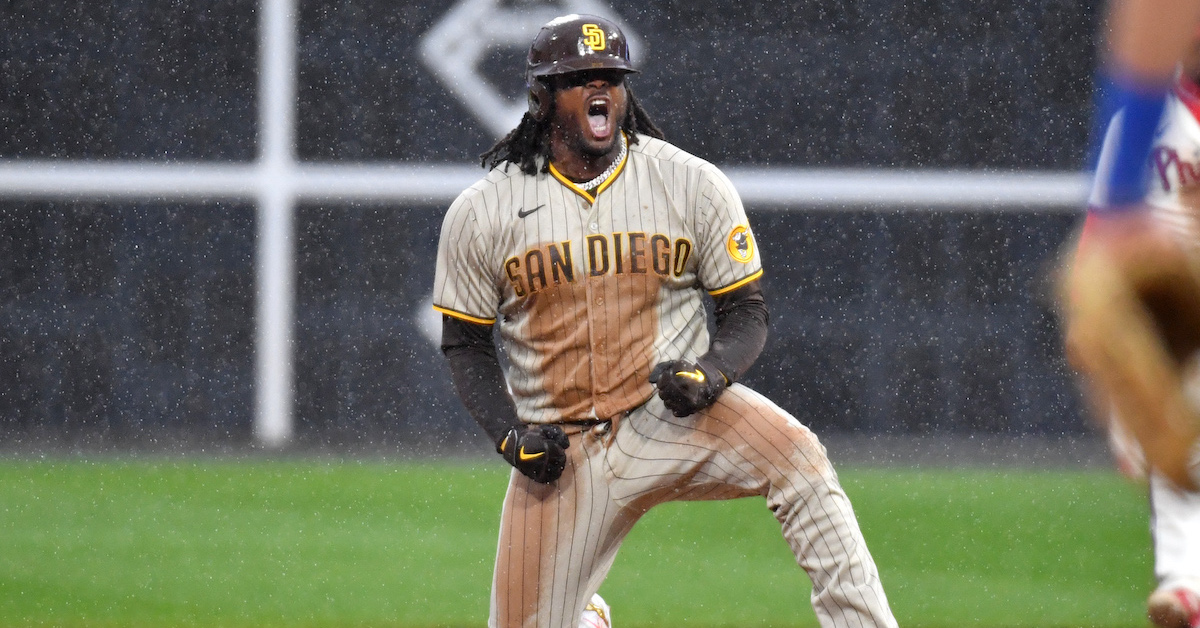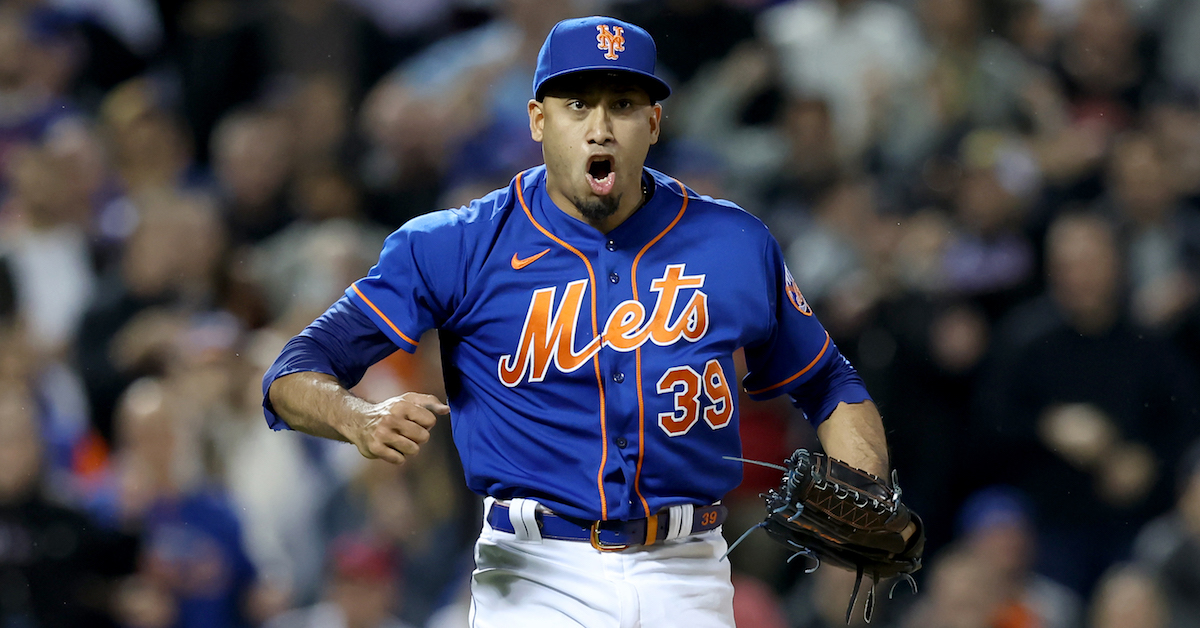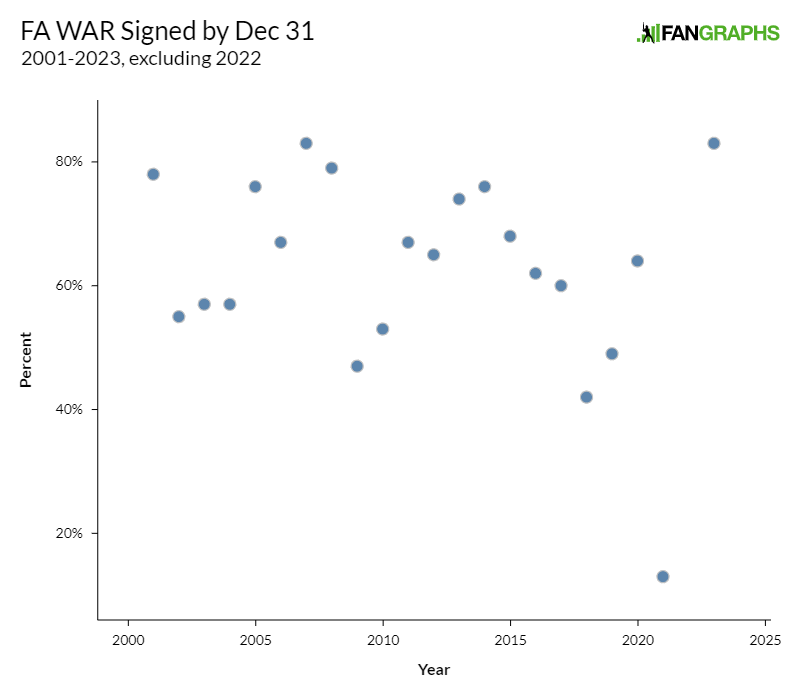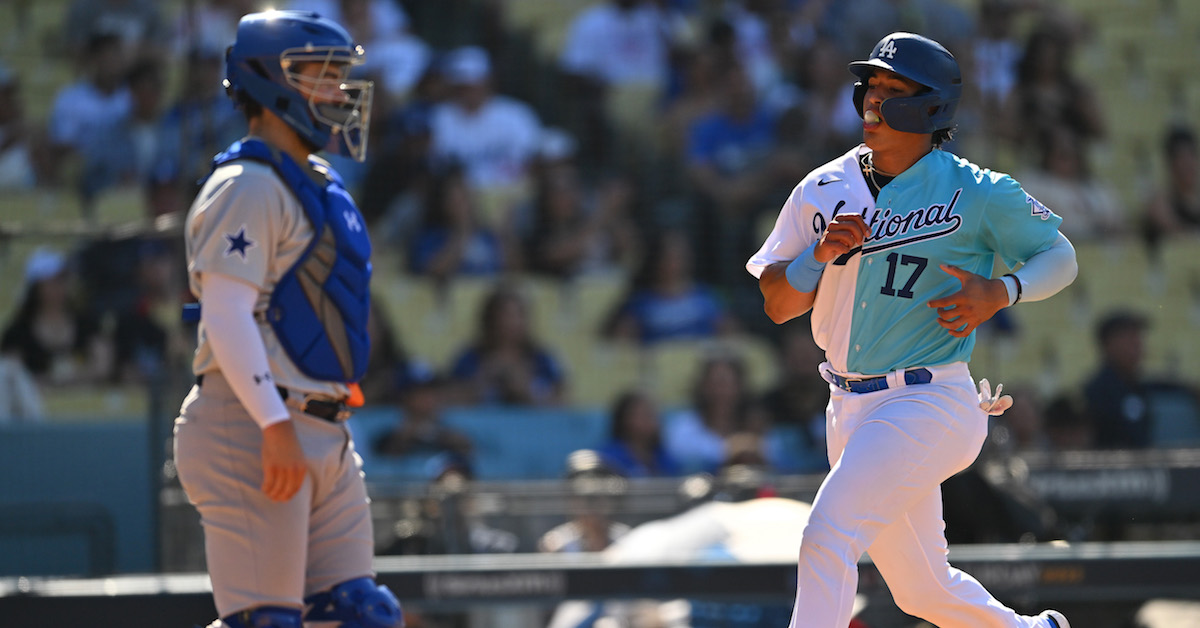Triple-Slash Line Conundrum: Voros McCracken Edition

Every few years, the same old question sets the internet aflame: Why do Americans care so much about the British royal family Does batting average matter? If you haven’t seen my favorite formulation of the problem, here’s Tom Tango’s version of it:
Which is the more productive batter (all other things equal)
A.
.315 batting average
.365 OBP
.510 SLGB.
.260 batting average
.365 OBP
.510 SLG— Tangotiger ? (@tangotiger) January 9, 2023
I’ve taken a crack at this exact question before. The answer simply isn’t very surprising. If two hitters have the same on-base percentage and the same slugging percentage, they’re similarly valuable to their team’s offense. That’s why OPS is a popular offensive statistic despite its relative lack of precision; it does a lot of the same work as wOBA and wRC+ because its two component stats are mostly found in similar ratios and correlate well to offensive production. Linear weights are still better, because they do a better job of accounting for how important each plate appearance outcome is when it comes to run scoring, but you can get most of the way there with OBP and SLG.
There’s not much reason to go through the exact math of how wOBA works again, because the people who would be swayed by that math have already been swayed. But sabermetric forefather Voros McCracken mentioned a novel way of looking at the problem, and I thought I’d take a crack at it now that there are no more Carlos Correa free agency articles left to write. Read the rest of this entry »





